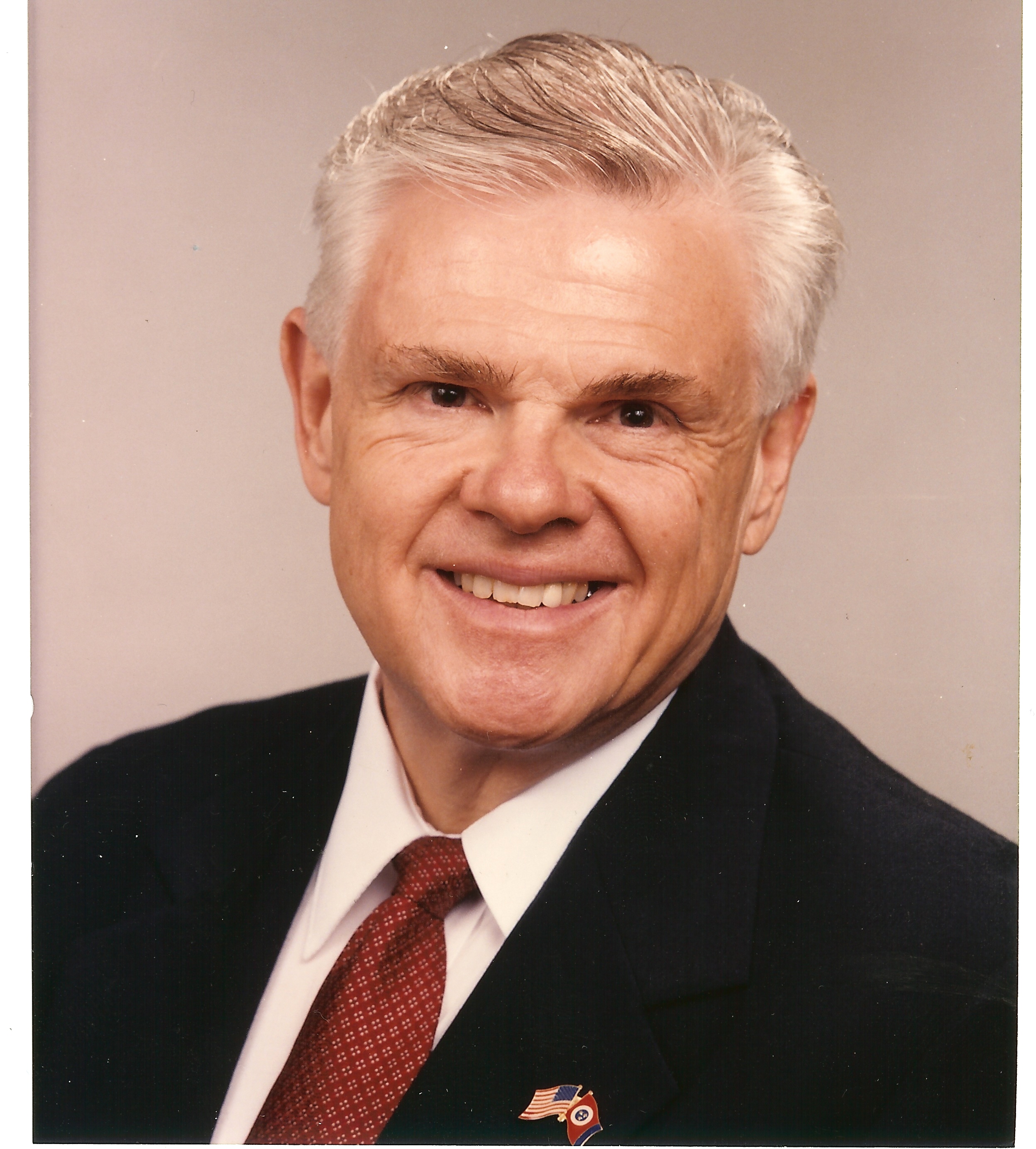NASHVILLE - A Republican senator said Monday he is revising his resolution that would change the Tennessee Constitution and put the General Assembly in charge of naming the state's next attorney general.
Senate State and Local Committee Chairman Ken Yager, R-Kingston, said the move came after discussions with Sen. Art Swann, R-Maryville, who has an amendment to alter Yager's proposed Senate Joint Resolution 88.
Yager's resolution would begin the years-long process of amending the Tennessee Constitution to take the selection of the state attorney general away from the state Supreme Court and give the decision over to members of the House and Senate.
Swann's idea is to allow the five Supreme Court justices to nominate the attorney general with the House and Senate later voting to confirm or reject the candidate.
The resolution would begin a years-long process of amending the Tennessee Constitution. It has to pass the General Assembly by a majority before going onto the next elected General Assembly, where it requires a two-thirds vote of approval. Then it goes on the ballot in the next election where there is an election for governor.
Yager said his main priority is making the selection process open.
"When I presented the bill I said I would be open to feedback, and [Swann] took advantage of that offer," Yager said late Monday afternoon after the Senate session where he rolled his resolution for a second time. "We are looking at an amendment that may satisfy him and others."
Yager said he also has solicited input from Supreme Court Chief Justice Jeffrey Bivens and hopes to have the resolution back on the Senate floor Thursday.
The attorney general is Tennessee's top law enforcement officer and also the state's chief attorney. The attorney general also represents the state in legal matters and provides informal and formal advice to the governor, state agencies and members of the General Assembly.
Tennessee's process is unique. Most states, including Georgia and Alabama, have popularly elected attorneys general. Efforts to do that in Tennessee have failed repeatedly.
Yager, an attorney, called popular election the "least-preferred alternative." In his view, it would completely politicize selection of the attorney general, leading to aggressive fundraising with winners then likely to use the post as a springboard to higher office.
"I think that would probably create a stable of governor wannabes and puts too much money in a race that doesn't need it. I don't favor that," Yager said. "But I do favor a more transparent system to pick the attorney general, and I think my resolution would do that by bringing [selection] out of the back room and having an appointment by elected officials in the glare of publicity."
Swann said he believes the attorney general is "a judicial [branch] member and the judiciary ought to be involved in the process. The General Assembly can refuse whoever they send up and get another candidate."
Current Attorney General Herbert Slatery had been legal counsel to Republican Gov. Bill Haslam before his appointment. In 20014, justices appointed him to replace then-Attorney General Bob Cooper, who had been legal counsel to Democratic Gov. Phil Bredesen.
Cooper had sought reappointment by the three Democratic and two Republican justices who are elected in yes/no retention elections. It took many observers by surprise when two of the Democrats, who only months earlier survived a bitter retention election fight led by then-Republican Senate Speaker Ron Ramsey, wound up supporting Slatery.
Slatery's boss, Haslam, had refused to join Ramsey's effort.
Yager said the fact that the Supreme Court's last picks for two attorney generals had been legal counsels to governors played no role in his proposed constitutional amendment.
"No, frankly I think the current attorney general and, candidly, his predecessor, the ones I've worked with more closely, have both done good jobs. It really hasn't anything to do with their job performance."
He said it boils down to transparency as well as being "more in line" with the state's 1870 Constitution that had Supreme Court justices, who were elected in competitive elections, name the attorney general.
Contact Andy Sher at asher@timesfreepress.com or 615-255-0550. Follow on Twitter @AndySher1.

